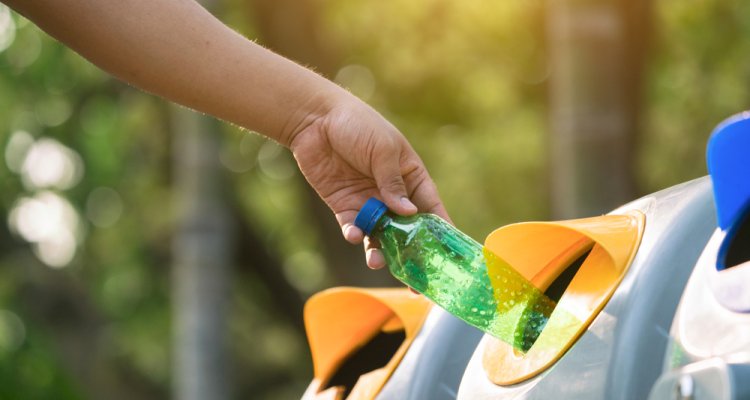
Project
Bio-chemical recycling of products
The development of circular products is a societal necessity. To increase resource-use efficiency, the demand for new materials – preferably produced from renewable, biobased side streams and waste streams – is growing. Biobased plastics are often based on modified biopolymers or biobased polycondensation polymers. In this way, these products utilise the unique functionality that is already present in biomass. Due to these properties, these polymers also offer better possibilities for biochemical and chemical recycling than polymers based on radical polymerisation (e.g. polyolefins such as polyethylene and polyacrylates).
Recycling of polymers
If they still end up in the environment at the end of their lifecycle, another advantage of these biobased polycondensation products is that they offer better prospects for biodegradability than polymers based on radical chemistry. This biodegradability is particularly relevant for polymers that are used for packaging. At present, the use of non-biodegradable polymeric plastic packaging materials is under great pressure, due in part to the controversy about plastic waste in the ocean and concerns about the health effects of plastics in agricultural soils. There is also a great desire to replace plastic packaging materials. However, to maintain shelf life and prevent food waste, many foods will have to be packaged in polymeric materials. This necessitates the development of materials that can easily be recycled or re-used, and that are biodegradable should they end up in the environment anyway. Besides the use of renewable raw materials, the reuse of plastics is a second aspect for the development of a circular economy with better resource-use efficiency and reduced CO2 emissions.
Possibilities
The proportion of plastics currently recycled is low, and recycling technologies often result in downgrading the material in terms of possibilities for reuse. Physical and mechanical recycling methods for plastic polymers are preferred, but these technologies will not always be a viable option for complex systems. In such cases, ‘back-to-monomer’ recycling potentially offers a good opportunity for reuse. The recovery of building blocks from a material can be done chemically, but also via the biochemical route using enzymes or micro-organisms. This will lead not only to milder recycling methods, but also to more insight into how materials should be designed to be biodegradable.
This knowledge-building project will create an overview of the current state of affairs regarding chemical and biochemical (i.e. enzymatic) recycling of polycondensation polymers (biobased and otherwise). Based on this knowledge, a roadmap with longer-term objectives will be formulated and an initial impetus will be given to the development of new chemical and/or enzymatic depolymerization technologies.